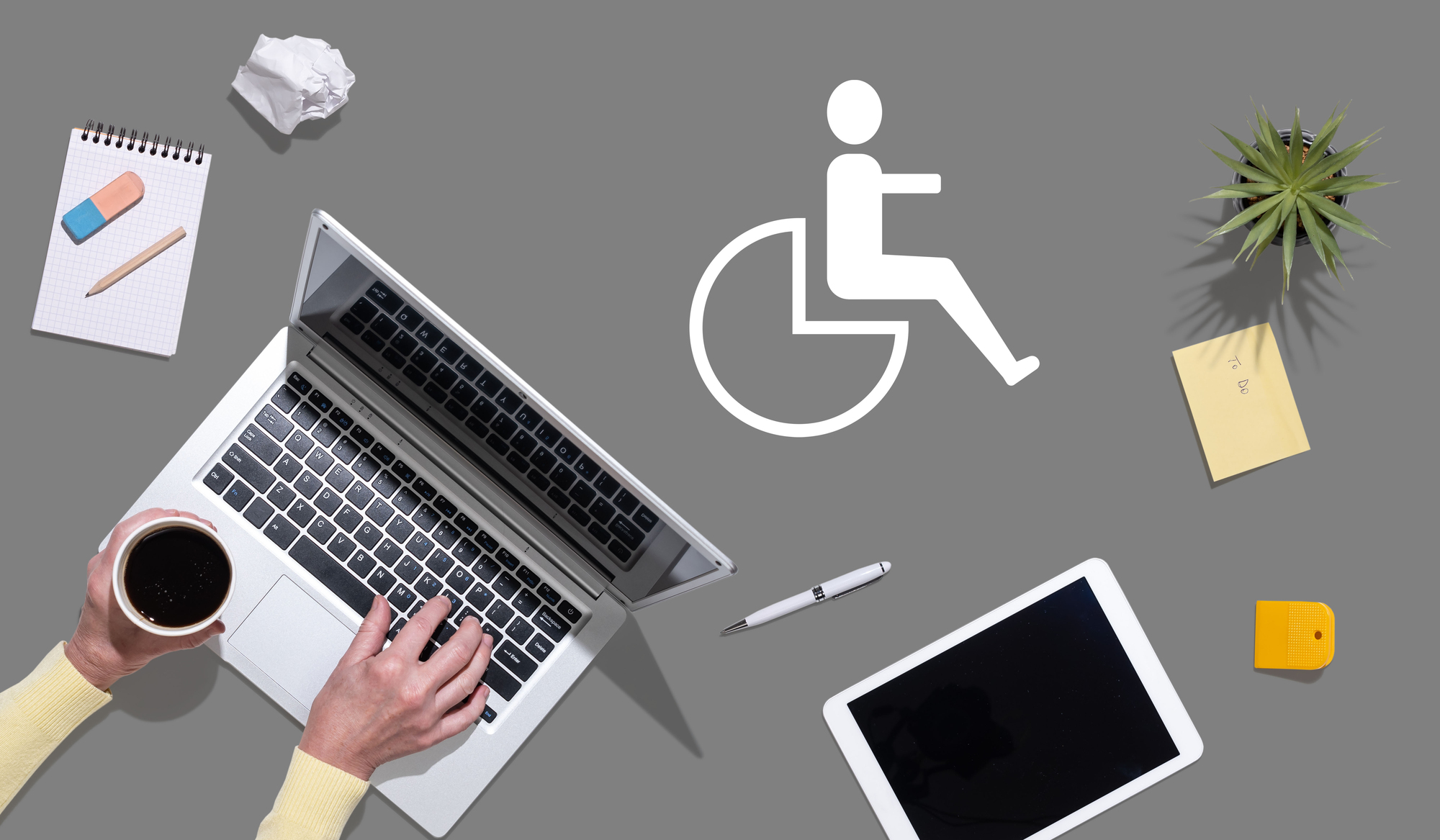Multi-Factor Authentication: The Easy Security Upgrade That Makes a Big Difference
Cybersecurity threats are growing more sophisticated by the day—but fortunately, so are the tools we can use to defend against them.
One of the simplest and most effective ways to boost your business’s security is by implementing multi-factor authentication (MFA). If you’re still relying on passwords alone, it’s time to consider why this small change can make a big impact.
What Is Multi-Factor Authentication?
Multi-factor authentication is a security measure that requires users to verify their identity using more than just a password. This typically involves two or more of the following:
- Something you know (like a password or PIN)
- Something you have (like a smartphone or hardware token)
- Something you are (like a fingerprint or facial recognition)
For example, when you log in to your email account and receive a text with a verification code, that’s MFA in action.
Why MFA Matters for Businesses of All Sizes
Many small and mid-sized businesses think they’re too small to be targeted—but that’s exactly why they’re attractive to hackers.
Password breaches remain one of the most common attack methods, and MFA adds a critical extra layer of protection. Even if a password is compromised, access is still blocked without the second verification step.
4 Key Benefits of Multi-Factor Authentication
1. Stronger Protection Against Breaches: MFA makes it exponentially harder for unauthorized users to access your systems, helping prevent data theft, ransomware attacks, and unauthorized financial transactions.
2. Easy Implementation Across Your Team: Modern MFA tools integrate easily with platforms your team is already using—like Microsoft 365, Google Workspace, and cloud storage systems. With mobile apps like Authenticator or Duo, users can quickly verify logins with a tap.
3. Compliance and Peace of Mind: MFA helps you meet data security compliance requirements, especially in industries like healthcare, finance, and legal. More importantly, it gives you and your clients confidence that your systems are protected.
4. Scalable for Remote and Hybrid Teams: As more teams work remotely, MFA offers flexible protection without slowing anyone down. It helps ensure that only verified users can access sensitive tools, no matter where they’re logging in from.











